Uncategorized
-
 Health & Medicine
Health & MedicineRedefining ‘flesh-colored’ bandages makes medicine more inclusive
Peach-colored bandages label dark-skinned patients as outside the norm, says med student Linda Oyesiku. Brown bandages expand who gets to be normal.
By Sujata Gupta -
 Paleontology
PaleontologyClimate change helped some dinosaurs migrate to Greenland
A drop in CO2 levels helped massive plant eaters called sauropodomorphs trek from South America to Greenland 214 million years ago, says a new study.
-
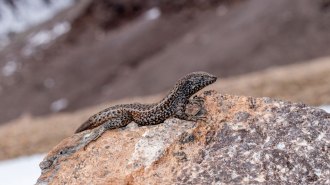 Animals
AnimalsA mountain lizard in Peru broke the reptilian altitude record
Liolaemus tacnae was photographed 5,400 meters above sea level in the Andes, breaking the highest elevation record for a reptile by about 100 meters.
By Jake Buehler -
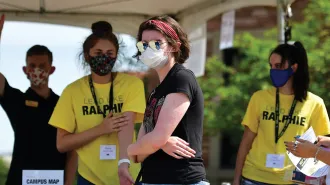 Health & Medicine
Health & MedicineHow 5 universities tried to handle COVID-19 on campus
U.S. colleges opened in the fall with a patchwork of control measures to keep COVID-19 at bay.
-
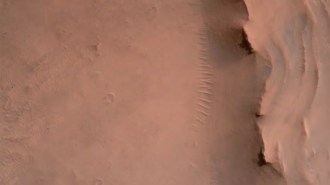 Planetary Science
Planetary ScienceWatch real video of Perseverance’s Mars landing
NASA’s Perseverance rover filmed its own landing on Mars. Here’s that video.
-
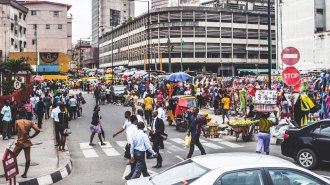 Genetics
GeneticsThe first human genetic blueprint just turned 20. What’s next?
The Human Genome Project led to many medical advances. Deciphering 3 million African genomes and using new tech to fill gaps could lead to even more.
-
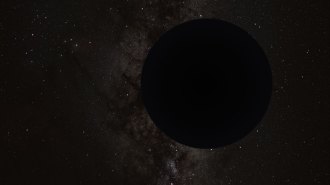 Astronomy
AstronomySigns of a hidden Planet Nine in the solar system may not hold up
Hints of a remote planet relied on clumped up orbits of bodies beyond Neptune. A new study suggests that clumping is an illusion.
-

When a naked mole-rat meets a sneaky sea worm
Editor in chief Nancy Shute discusses how stories make it into the news section of Science News magazine.
By Nancy Shute -

-
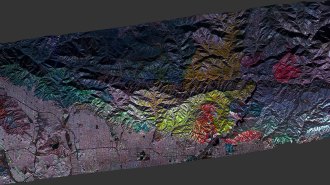 Earth
EarthColor-coded radar maps reveal a patchwork of California wildfire destruction
A composite made up of fine-scale vegetation maps from different years lets researchers track the story of plant loss and regrowth around Los Angeles.
By Jack J. Lee -
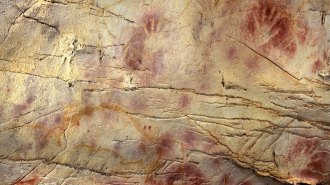 Earth
EarthA magnetic field reversal 42,000 years ago may have contributed to mass extinctions
The weakening of Earth's magnetic field beginning around 42,000 years ago correlates with a cascade of environmental crises, scientists say.
-
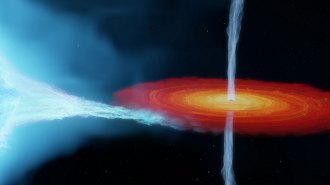 Astronomy
AstronomyThe first black hole ever discovered is more massive than previously thought
New observations of Cygnus X-1 are leading astronomers to rethink what they know about stars that turn into black holes.